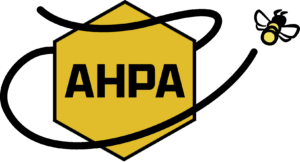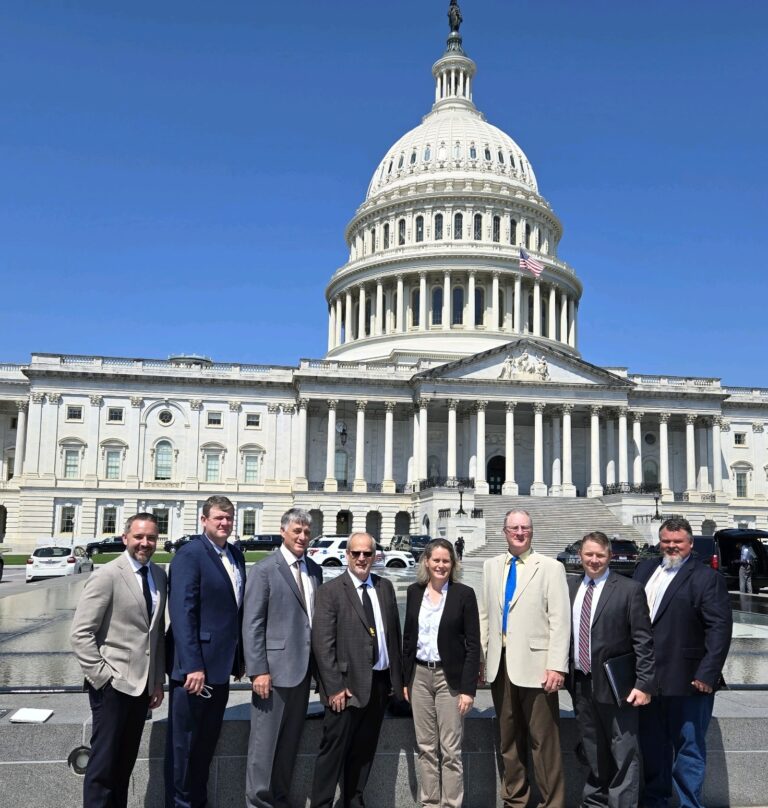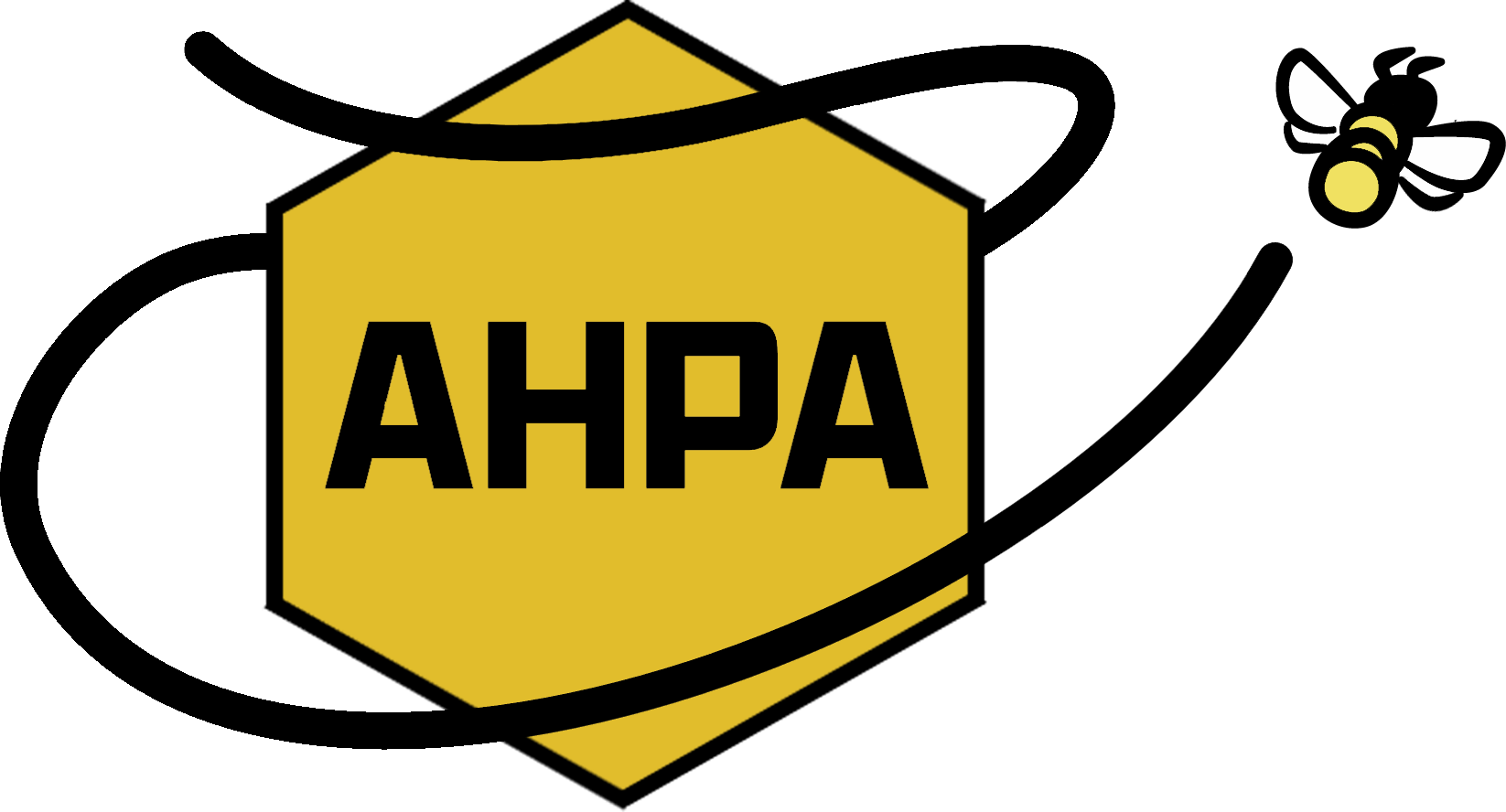
TRADE CASE UPDATE – January 28. 2026
The AHPA remains committed to strong enforcement of the antidumping duty orders on honey. It is currently engaged in defense of multiple ongoing administrative reviews of the antidumping duty orders, including against Argentina, Brazil, India, and Vietnam. Foreign producers from those countries and their U.S. importers annually request administrative reviews of the antidumping duty orders. Those reviews take at least 18 months to complete, and more recently, have often been further delayed by government shutdowns and workload demands. AHPA’s counsel keeps us informed of results, and we publish them when we receive them.
The Executive Committee works with our legal counsel to effectively marshal the Association’s resources to provide the most effective defense for the best possible overall outcomes. On advice of counsel, the AHPA Executive Committee does not publicly discuss its litigation strategy against any particular unfairly trading foreign sources of honey.
The next opportunity to request an antidumping administrative review of unfairly traded imports of honey from India, Vietnam, Argentina and Brazil is in June 2026. The Executive Committee urges AHPA members who are concerned about unfairly traded imports from any of these countries to contribute to the trade case fund.
PRESS RELEASE – December 17, 2025
Thune, Smith Introduce Legislation to Support U.S. Honey Producers
WASHINGTON — U.S. Sens. John Thune (R-S.D.) and Tina Smith (D-Minn.) today introduced the Trade Cheating Restitution Act of 2025, legislation that would support American honey producers and producers of other commodities, like crawfish, garlic, and mushrooms, who have been harmed by unfair trade practices, primarily by China. Specifically, the bill would direct U.S. Customs and Border Protection (CBP) to distribute interest realized on certain anti-dumping and countervailing duties since 2000 to qualifying U.S. producers harmed by decades of trade distortions that continue to undercut these domestic industries.
The legislation is co-sponsored by Sens. Chuck Grassley (R-Iowa), Gary Peters (D-Mich.), and Bill Cassidy (R-La.).
“South Dakota is one of the top honey-producing states in the country,” said Thune. “The unfair practice of circumventing U.S. trade laws, which jeopardizes honey producers’ financial security, should be met with strict enforcement and increased protections. South Dakota honey producers deserve a level playing field. This bipartisan legislation helps ensure fair treatment for affected domestic producers and strengthens their ability to compete globally.”
“Minnesota farmers produce some of the highest quality honey in the world, and they shouldn’t be unfairly harmed because China doesn’t play by the rules and engages in illegal dumping,” said Smith. “I’m proud to lead this bipartisan bill to give Minnesota apiaries the relief they are owed so they can remain competitive and strong for years to come.”
“South Dakotan beekeepers are fortunate to have a stalwart champion in Senator Thune, who has never faltered in his support of our industry,” said Kelvin Adee, of Adee Honey Farms, based in Bruce, South Dakota. “The much-needed funds that will be released to us through the bill he introduces today along with Senator Grassley and Senator Smith will help us compete with illegally traded honey and protect the health of our hives. Thank you, Senator Thune, for your leadership and standing up for us.”
“U.S. beekeepers, as both honey producers and crop pollinators, are a critical component of American food security and the U.S. agriculture economy, supporting workers and communities around the country and right here in Minnesota,” said Ryan Lamb, a beekeeper from Minnesota. “On behalf of Minnesotan beekeepers, we want to thank Senator Smith for joining Senators Thune and Grassley in introducing the Trade Cheating Restitution Act of 2025 that will once and for all ensure we receive payments to which we are entitled that will help us compete in what has become a very challenging landscape for beekeepers.”
“American honey producers were severely harmed by unfairly traded imports,” said Steven Coy, president of the American Honey Producers Association. “The Trade Cheating Restitution Act of 2025 finally provides producers the funds taken from duties related to interest on unfairly traded imports that they are entitled to in order to help our members reinvest and rebuild. We thank Senators Thune, Grassley, and Smith for introducing this important legislation that will finally get American honey producers what they deserve.”
The Trade Cheating Restitution Act of 2025 builds on a Thune-Grassley provision that was signed into law in 2015 as part of the Trade Facilitation and Trade Enforcement Act that required CBP to distribute the interest realized on duties collected since 2014.
The American Honey Producers Association (AHPA) is the national voice of American beekeeping. AHPA represents U.S. beekeepers across all sectors of the beekeeping economy — including honey production, pollination services and breeding/colony production.
AHPA works to protect fair markets across all industry sectors, advocating for more research funding for improving bee health, and creating better regulatory policy which strengthens the long-term sustainability of American beekeeping and U.S. food security. While AHPA has a long history of leadership in honey trade and market integrity, its work reflects the full, interconnected reality of modern beekeeping.

AHPA Executive Board in Washington D.C. From left to right, Eric Silva, Ryan Lamb, Scott Hamilton, Kelvin Adee, Anne Marie Fauvel, Steven Coy, Chris Hiatt and Wesley Card.
To receive our E-blast of the latest news, please subscribe below!

